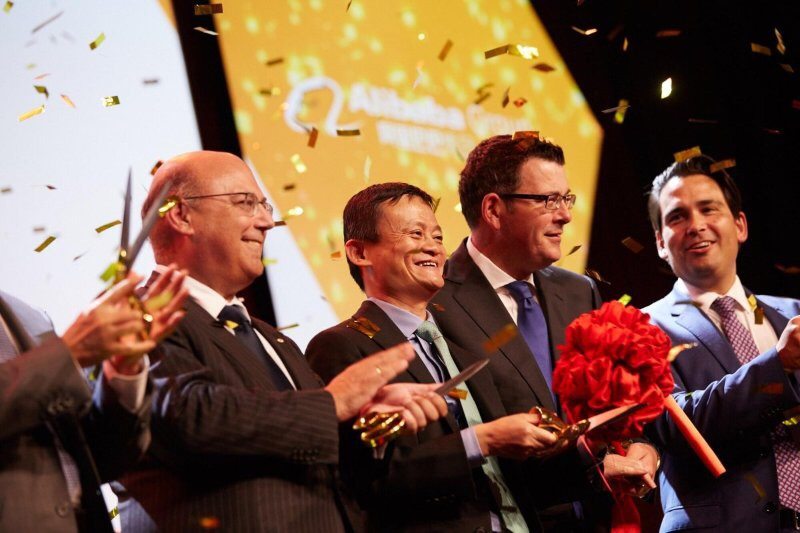Image Source Alibaba
With Asian-Pacific conquest in sights, Alibaba just established its first presence in Australia/New-Zealand by opening new headquarters in Melbourne last week. From everyone’s point of view this arrival is a good thing for the country. Indeed the online retailer will create employment and encourage price competition.
A Clear Ambition: The Reasons behind Alibaba’s Australian Headquarters
Alibaba’s founder, Jack Ma, wants Australia and New-Zealand markets to benefit from the firm’s arrival. Indeed, they will now be even more able to sell their regional products to the rest of the world. As Chinese goods will more easily penetrate in their market, Aussies will find an open door to the growing Chinese online retail market as well. Maggie Zhou, Managing Director of ANZ (Alibaba’s partner bank) will run the Melbourne office. As for now, Alibaba’s Tmall / Tmall Global sites already sell more than 400 New Zealand & 1,300 Aussies brands. Alibaba’s Australian headquarters will help them to develop their sales on the platform.
The main operation’s objective is to connect Australian consumers with Chinese manufacturers and increase the Chinese consumption of Australian products at the same time. To do so, Alibaba decided to partner with Woolworths Australia (one of the largest Aussie supermarket chains). It will also consolidate its existent relationship with the Australia Post entity. The last will cooperate with Cainiao Network, the Chinese firm’s logistics business.
The Alibaba’s Melbourne location, was carefully picked as it is somehow considered the capital of fashion retail in Australia. Additionally, the forecasts show Melbourne is the country’s fastest growing city and will become the largest in the country in 20 years, surpassing Sydney.
Real mutual benefits ahead
But Ma’s ambitions are not just to pave the way for Australian online businesses to a bigger market, it also come from the quite complicated situation in China. He explained: “Through lack of experience, we’ve got a terrible polluted environment and [there are] a lot of things we have to import.” Over the years, China’s economy turned over from being a country that exports to one that imports. It now represents a colossal opportunity.
“Through lack of experience, we’ve got a terrible polluted environment and a lot of things we have to import.” -Jack Ma
Contrary to the cheap goods available in their country, China’s emerging middle-class is now looking for high quality products elsewhere. Australia and New-Zealand are going to fill the gap, at least, this is Alibaba’s expectations landing in Melbourne.
In 2016, Australian e-commerce market counted the 2nd largest online population in the Asia-Pacific region. It’s economy is in good shape. And by its closeness to major Asian markets, the forecast expect the Australian market to surpass $24 billion in 2018. About 69% of Australian online customers ordering cross-border purchases. Today, the U.S. is the 1st online provider for Australian’s purchases, just followed by China, and the U.K.
For the record, the Chinese giant conquered over $17 billion in sales in just one day during “Singles Day” this year, setting the world record. No doubt Alibaba’s arrival in Australia will contribute to cross-border e-commerce either from both side of the ocean.





